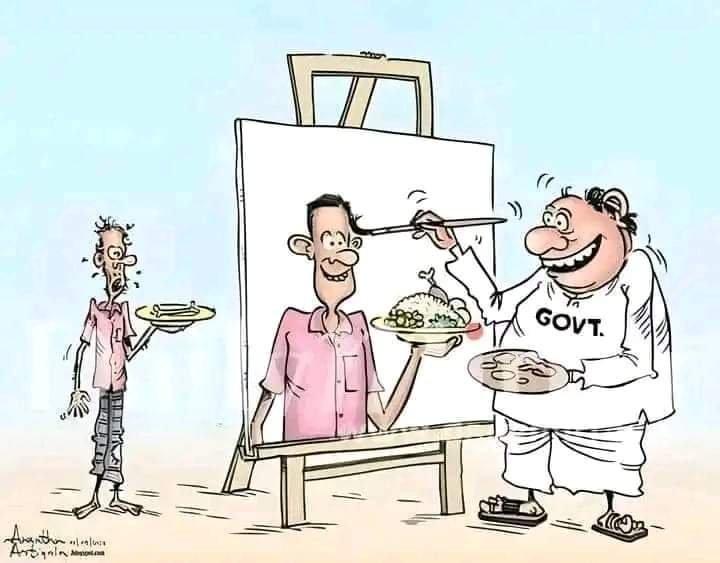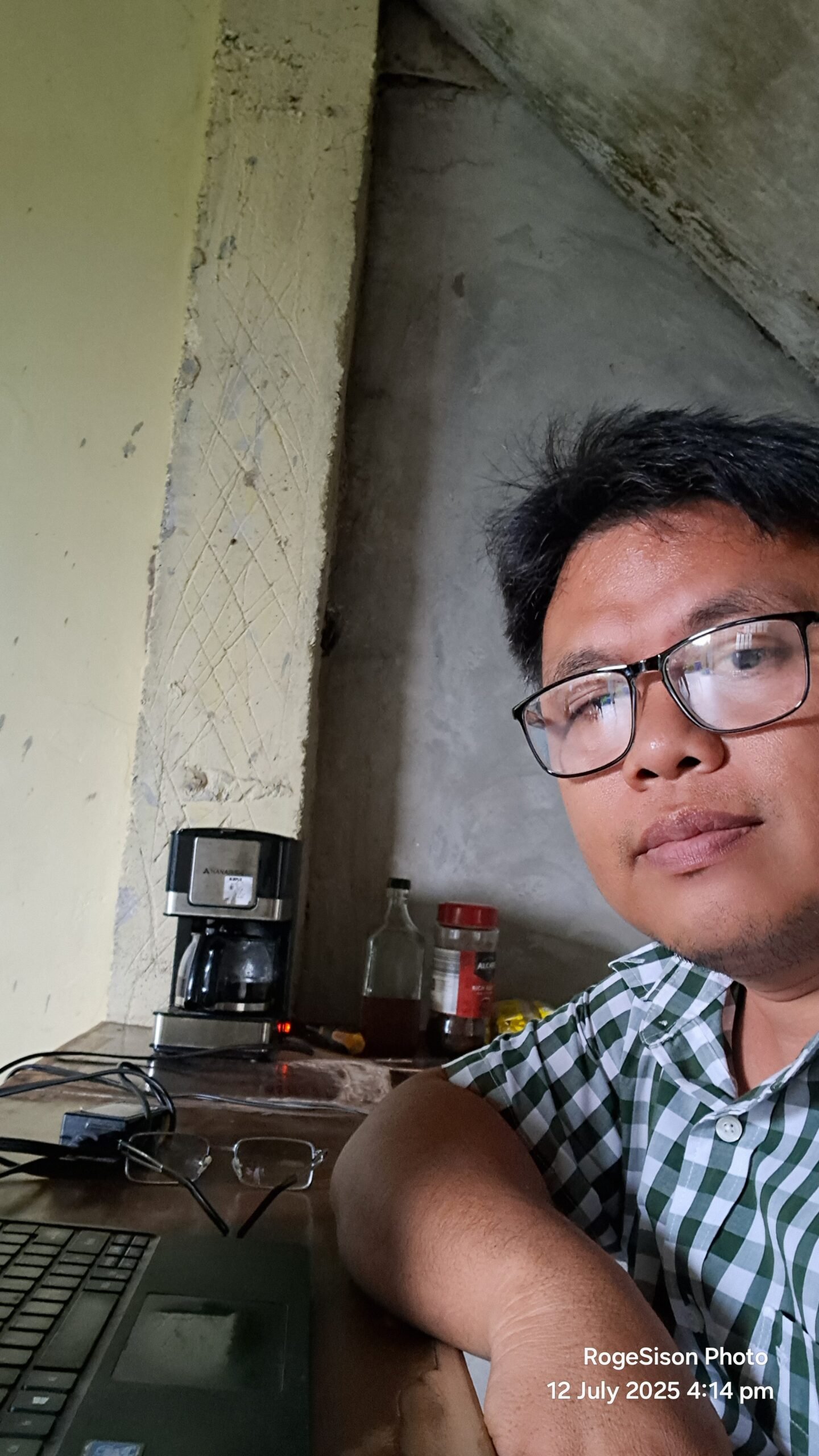
The Rhetoric of Poverty Alleviation
In the political landscape of the Philippines, the phrase “to alleviate poverty” has become a staple in campaign speeches and propaganda. Politicians frequently deploy this term to resonate with their constituents, presenting a narrative of hope and progress. However, this rhetoric often lacks depth and fails to address the complex realities of poverty that many citizens endure. For instance, during the campaign seasons, aspirants for public office often refer to sweeping social welfare programs or promises of economic reform as solutions to the pervasive poverty issue. Yet, the execution of these proposals remains questionable, as past administrations have repeatedly made similar pledges.
Historically, the Philippines has grappled with extensive socio-economic challenges, including income disparity, lack of access to quality education, and inadequate healthcare systems. Campaign promises often highlight economic growth as a means to poverty alleviation, yet the benefits of such growth are rarely distributed evenly across all sectors of society. The divergence between words and actions raises skepticism among the populace, as many continue to experience the harshness of living in poverty while politicians engage in lofty rhetoric.
Furthermore, the effectiveness of these campaign narratives can be critiqued based on their alignment with the day-to-day experiences of citizens. Many individuals find themselves disillusioned, noting that the politicians’ proclamations often fall short when juxtaposed against the persistent economic hardships they face. While the rhetoric surrounding poverty alleviation may serve as a persuasive tool during elections, it oftentimes reflects an inadequate appreciation of the structural issues that necessitate genuine reform. Thus, the promises made by politicians can seem detached from the lived realities of the very people they aim to serve, calling into question the sincerity of their commitment to truly alleviate poverty in the Philippines.
The Commodification of Basic Needs
The current state of commodity prices in the Philippines presents a troubling picture, particularly with essential goods such as rice and agricultural products. In recent years, the cost of these basic necessities has risen dramatically, primarily influenced by market manipulation and external factors that disproportionately affect Filipino consumers and farmers. Rice, a staple in the Filipino diet, has experienced considerable price fluctuations, raising concerns about food security and accessibility for vulnerable populations. The soaring prices of these commodities contribute directly to the cycle of poverty, restricting access for many who rely heavily on affordable food options.
One significant aspect of this price increase can be traced back to the actions of certain market players, particularly Chinese businessmen, whose interventions have compounded the challenges facing local agriculture. Their involvement in the market often leads to inflated prices driven not by natural supply and demand dynamics, but rather by strategic control and manipulation. This situation results in a disappointing disparity where Filipino farmers struggle to profit from their harvests while consumers bear the brunt of heightened prices. The implications of these market dynamics are profound; as farmers see their livelihoods threatened, and consumers face escalating costs, the question of food sovereignty comes to the forefront.
Moreover, this disconnect between political promises and market realities becomes glaringly evident during election campaigns, where candidates often pledge to alleviate poverty and secure food access for all. However, when examined closely, these promises frequently do not align with the unfolding economic realities. The commodification of basic needs, driven by both external market forces and local exploitation, demonstrates the complex interplay between politics and economics in exacerbating poverty rather than addressing it. As long as market manipulation continues unchecked, the dream of alleviating poverty in the Philippines remains an elusive goal, divorced from the lived experiences of many Filipinos struggling daily for sustenance.
The Farmer’s Dilemma: Profit vs. Loss
The agricultural sector in the Philippines is beset by a myriad of challenges that significantly undermine the economic viability of farming. Filipino farmers, who are often viewed as the backbone of rural communities, are grappling with issues that lead to persistent poverty despite government promises of support. A critical aspect of this dilemma is the disparity between the prices farmers receive for their crops and the actual costs incurred for agricultural inputs. This gap creates a cycle of debt and financial insecurity that is difficult to escape.
Market prices for crops can fluctuate dramatically due to a variety of factors, including seasonal changes, demand fluctuations, and competition from foreign businesses. For instance, a sudden influx of imported goods can drive local prices down, making it nearly impossible for Filipino farmers to sell their produce at a profit. Additionally, the reliance on imported agricultural products can create an uneven playing field, where local farmers struggle to compete with the lower prices offered by foreign suppliers, further complicating their economic situation.
Moreover, ineffective government policies exacerbate these challenges. Many initiatives aimed at supporting local farmers fall short of their intended goals, often failing to address the root causes of poverty and economic instability in rural areas. Policies that promise agricultural assistance tend to be poorly implemented or do not correspond with the actual needs of farmers. This disconnect between political rhetoric and the lived realities of farmers highlights a dire need for comprehensive reform that extends beyond mere promises of support.
Ultimately, the grim truth remains that without addressing these fundamental issues, the narrative of alleviating poverty through agricultural support will continue to ring hollow. Genuine reform must prioritize the economic welfare of farmers, ensuring that they receive fair prices for their crops and have access to necessary resources. Only then can the agriculture sector become a true engine for economic growth and poverty alleviation in the Philippines.
A Call for Accountability and Real Change
The pressing issue of poverty in the Philippines underscores the urgent need for accountability among politicians, especially during election periods when promises of alleviation often emerge without substantive backing. Politicians must be held accountable for their commitments to implement policies that genuinely address poverty and support agricultural development. A significant component of this accountability involves transparent processes whereby the public can scrutinize the allocation and utilization of funds earmarked for poverty alleviation program initiatives.
In light of the continuous rise in commodity prices and the challenges facing farmers, we advocate for policies that reflect the realities of these socio-economic struggles. Enhanced support for farmers through better access to resources, technology, and education is critical. Investment in sustainable agricultural practices can yield long-term benefits, enabling farmers to thrive while concurrently stabilizing commodity prices. This dual approach can create a more robust agricultural sector, with better food security and reduced poverty levels.
Moreover, it is imperative for the public to actively engage in the political process. Citizens should not only demand accountability but also partake in advocating for deliberate policy changes. This may involve organizing community initiatives to pressure local and national leaders to prioritize the socioeconomic needs of the populace. In addition, educational campaigns can raise awareness about the implications of empty political promises and mobilize constituents around specific issues such as agricultural support and price regulations.
Ultimately, tackling poverty requires collaborative efforts between policymakers, communities, and civil society. The time has come for Filipino citizens to challenge their leaders to produce tangible results instead of superficial rhetoric. By fostering a culture of accountability and a commitment to real change, the nation can take significant strides towards alleviating the burden of poverty and improving the quality of life for its citizens.


